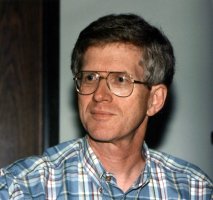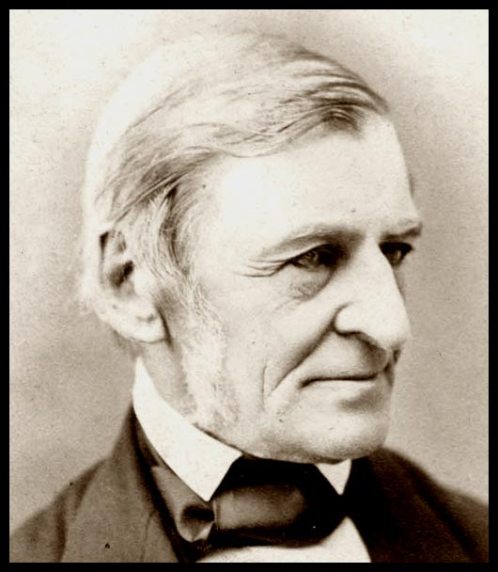 Always Looking – People Who Made A Difference XXX
Always Looking – People Who Made A Difference XXX
By
John I. Blair
Ralph Waldo Emerson
A reporter asked a scrubwoman who always attended Emerson’s lectures whether she understood them. "Not a word," she replied, "but I like to go and see him stand up there and look as though he thought everyone was as good as he is."
Ralph Waldo Emerson (1803-1882) began his career as a Unitarian minister but became the preeminent lecturer, essayist and philosopher of 19th century America. He was a key figure in the "New England Renaissance," as an author and through association with the Transcendental Club and other writers—notably Henry David Thoreau and Margaret Fuller—who gathered at his home in Concord, Massachusetts.
The Transcendentalists opened the liberally religious to science, Eastern religions and naturalistic mysticism. Emerson’s oration at Harvard in 1837, "The American Scholar," challenged listeners to stop imitating Europe and to ground their ideas in American resources, sincerity and realism. It has been called "America's Intellectual Declaration of Independence."
In his “Divinity School Address” in 1838, he protested a stale, inherited Christianity, calling for fresh religious inspiration. "Cast conformity behind you, and acquaint men at first hand with Deity." Emerson considered his ideas consistent with Jesus’ teachings. He spoke against slavery, urged greater freedom in worship, and championed woman's rights, more freedom and scope in university education, and purer methods in politics and trade.
Emerson’s fame came primarily through Chautauqua lectures and two collections of Essays. The great teaching for which he is best remembered is self-reliance—to listen to and heed the still, small voice of God within and to master passion and temper. He regarded the true self as capable of experiencing and knowing the Divine, present in all creation—the God within, not the God of authority and tradition.
He believed we know God first and mainly through the moral law within. "It is by following other men's opinions that we are misled and depraved." Emerson’s optimism was the fruit of a long, hard personal struggle. His self-reliance is the ability to affirm all creation even while coming to terms with manifest evil.
Adapted from an article by Frank Schulman
Link:Frank Schulman article
Selected quotations from Emerson:
“The purpose of life is not to be happy. It is to be useful, to be honorable, to be compassionate, to have it make some difference that you have lived and lived well.”
“Our chief want is someone who will inspire us to be what we know we could be.”
“To be yourself in a world that is constantly trying to make you something else is the greatest accomplishment.”
“Write it on your heart that every day is the best day in the year.”
Click on author's byline for bio and list of other works published by Pencil Stubs Online.

|